Special needs schools and education
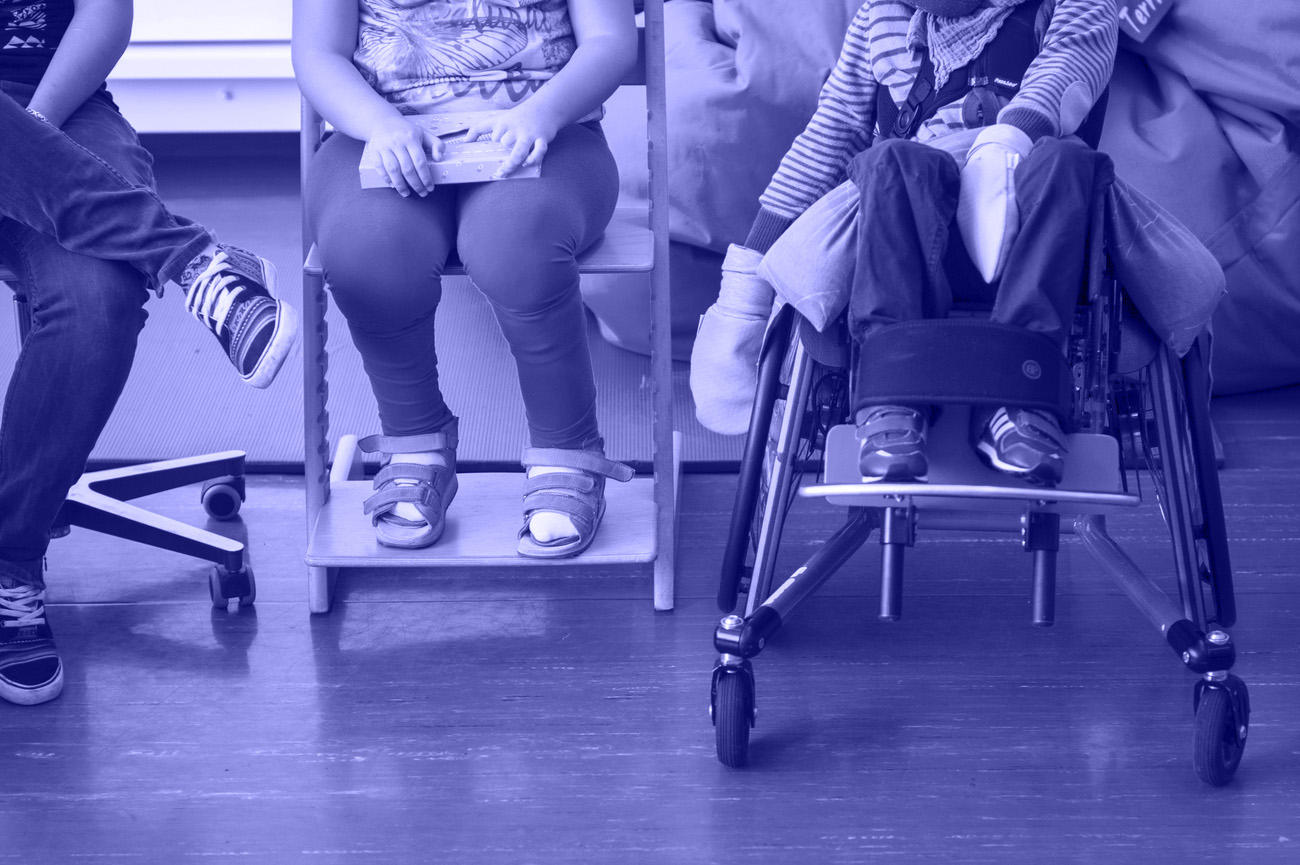
Switzerland has an inclusive educational approach for children with disabilities and learning difficulties. There’s also help for gifted kids and for those who don’t speak a local language.
Special needs education, which is set down in law, applies to affected children from birth to their 20th birthday. It gives them the right to special schooling and support from specialists.
Children with disabilities often attend regular schools in Switzerland, on a full-time or part-time basis. But there are regional differences. This is because education is overseen by the 26 cantonsExternal link which each have their own special needs concept.
There are also special needs schools that specialise in certain types of disability or learning and behavioural difficulties. Some cantons hold special needs classes (somewhere between normal and special needs schooling).
+ Read more about differences in education for deaf pupils in Switzerland.
Help at school
Special needs education can apply to children with minor and more serious learning difficulties. In the classroom, teachers usually receive support from qualified special needs teachers who focus on integrating learners into the regular class programme. Areas covered include literacy and maths problems, as well as behavioural, concentration and motivation issues.
Some children may receive speech and language therapyExternal link and psychomotor therapyExternal link, which is concerned with development of movement, coordination and balance.
Language needs
In addition, there is language-learning supportExternal link for non-native speakers up to Secondary 1 level. This is usually extra language classes (German, French or Italian, depending on the canton) one to three times during the normal school week. Some cantons organise separate language classes over a limited period of time to prepare new arrivals for regular school.
In Italian-speaking Ticino, the aim is to help integrate children who speak a foreign language and improve their Italian, while also safeguarding their cultural identitiesExternal link.
Gifted children
Support for gifted children also varies from canton to canton. This ranges from skipping a year and mentoring to after-school activities and specialised schools. Teachers can also give bright pupils additional work to do in class. But support for gifted children is only a priority in some schools and the amount of funding for this varies.

In compliance with the JTI standards
More: SWI swissinfo.ch certified by the Journalism Trust Initiative
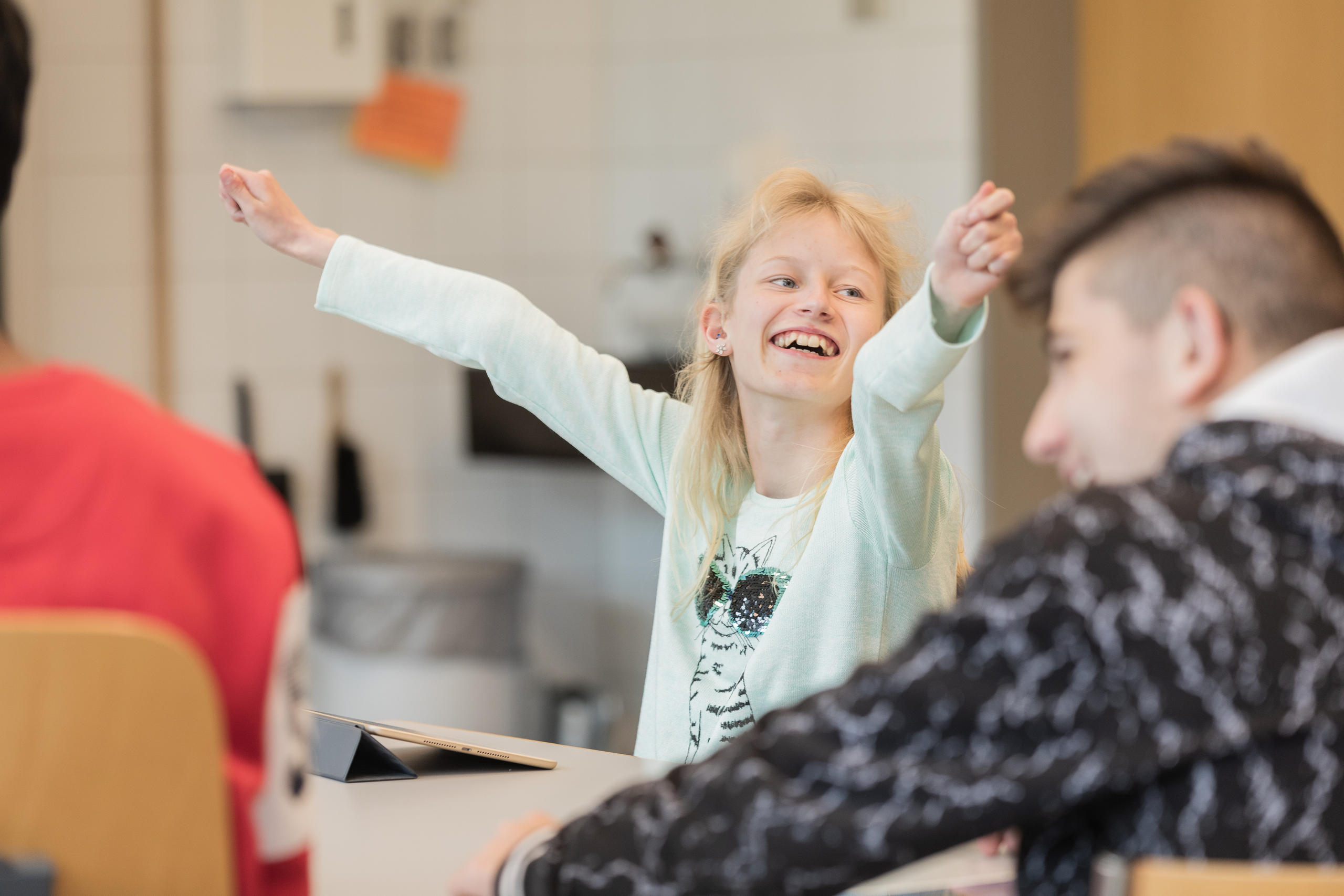
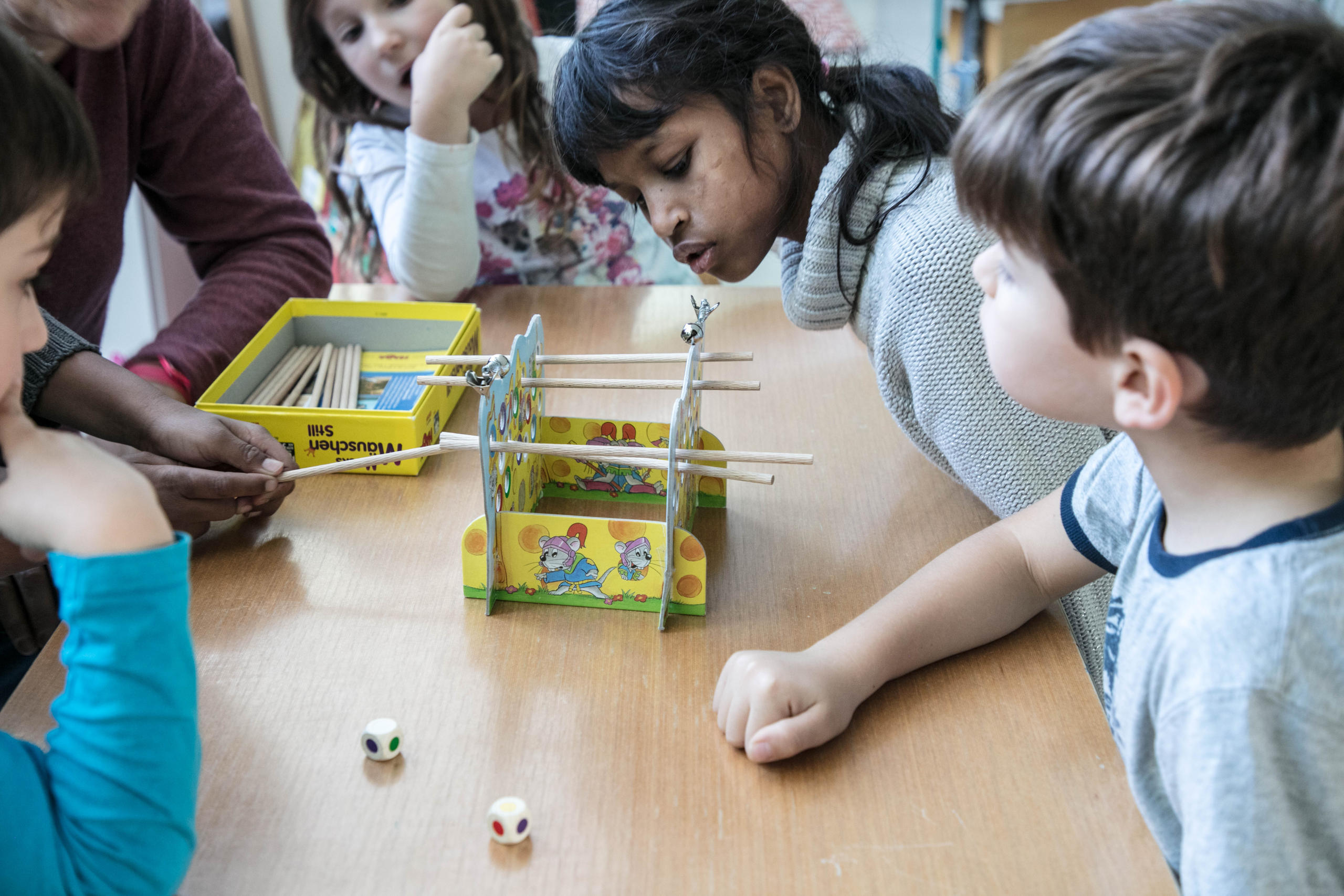
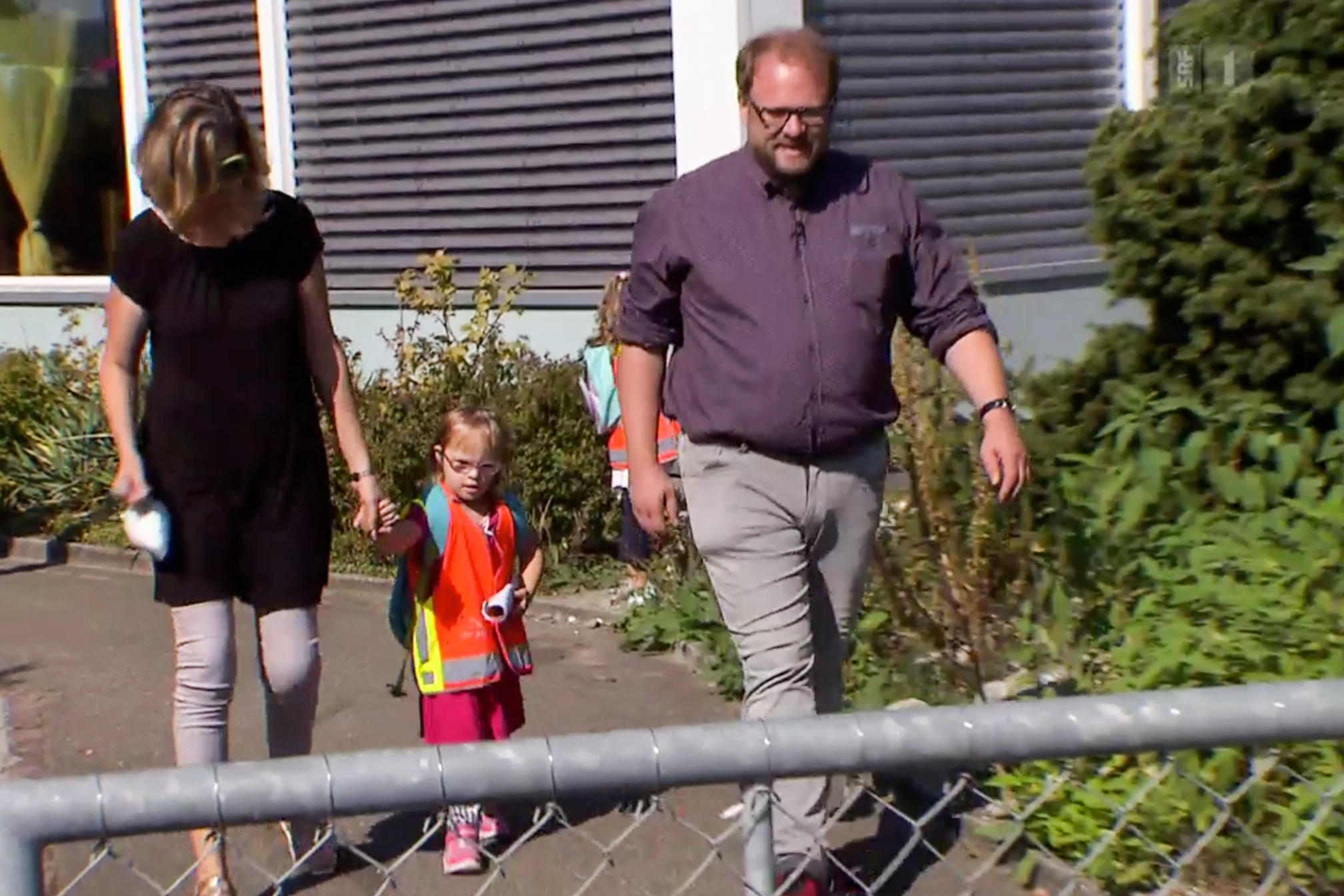
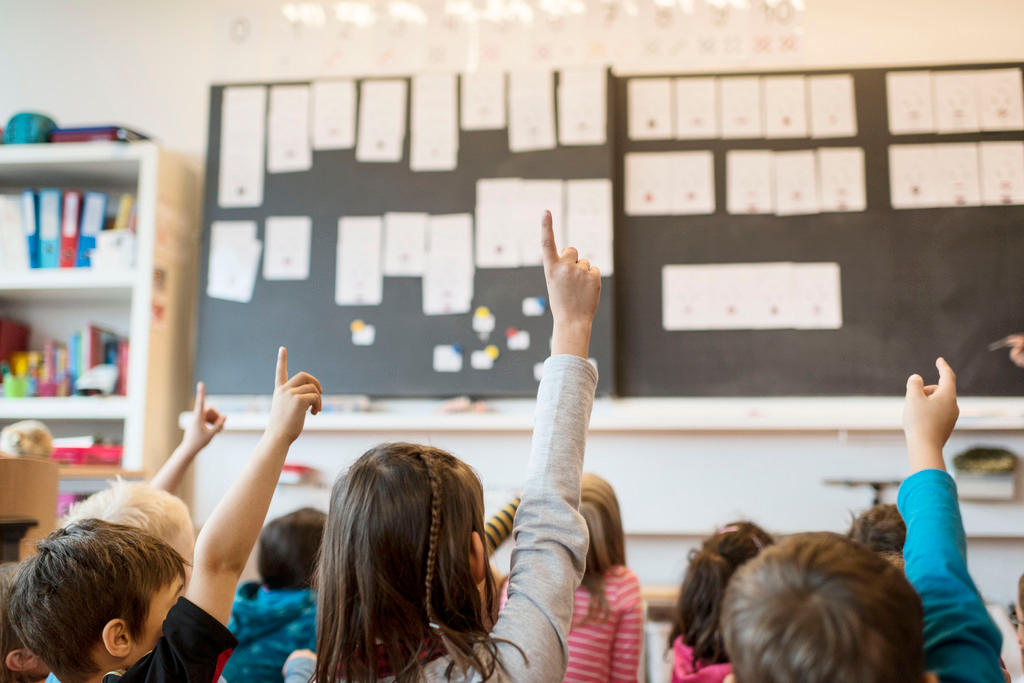
You can find an overview of ongoing debates with our journalists here. Please join us!
If you want to start a conversation about a topic raised in this article or want to report factual errors, email us at english@swissinfo.ch.